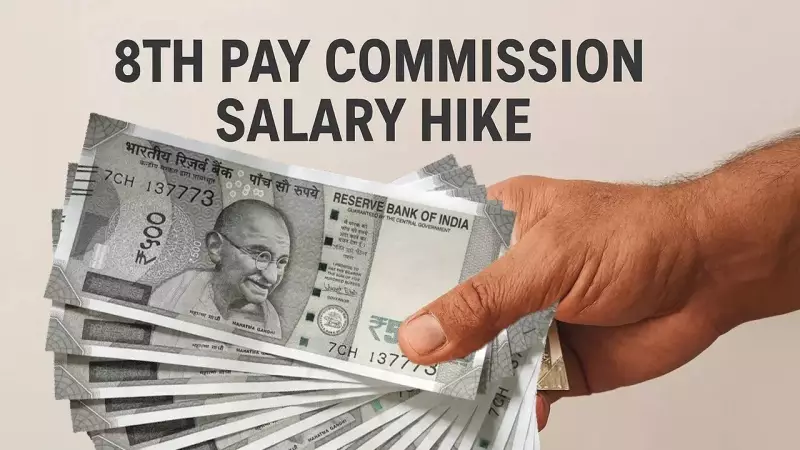
The long-awaited 8th Pay Commission has taken a crucial step forward with the Union Cabinet approving its terms of reference, setting the stage for substantial financial benefits for millions of central government employees and pensioners across India.
What Does This Mean for Government Staff?
Central government employees who have been eagerly anticipating news about salary revisions can now breathe a sigh of relief. The cabinet's approval of the terms of reference marks the formal beginning of the process that will determine how much extra money will flow into their pockets.
The new pay commission is expected to address several key financial concerns:
- Basic salary structure revision beyond the 7th CPC recommendations
- Potential merger of dearness allowance with basic pay
- Housing allowance and other allowances revision
- Pension structure overhaul for retired government staff
Expected Timeline and Implementation
While the exact implementation date remains under discussion, government sources indicate that the new pay structure might come into effect from January 2026. The commission will likely submit its recommendations within 18 months of formation, giving the government adequate time for review and implementation.
What Employees and Pensioners Should Expect
Industry experts and former pay commission members suggest that employees might see a minimum salary increase of 20-25% over their current basic pay, while pensioners could expect similar percentage hikes in their monthly pensions. The actual figures will depend on various economic factors including inflation rates and fiscal health of the economy.
The 8th Pay Commission's recommendations will impact nearly 5 million central government employees and over 7 million pensioners, making this one of the most significant financial decisions affecting the organized sector in India.






